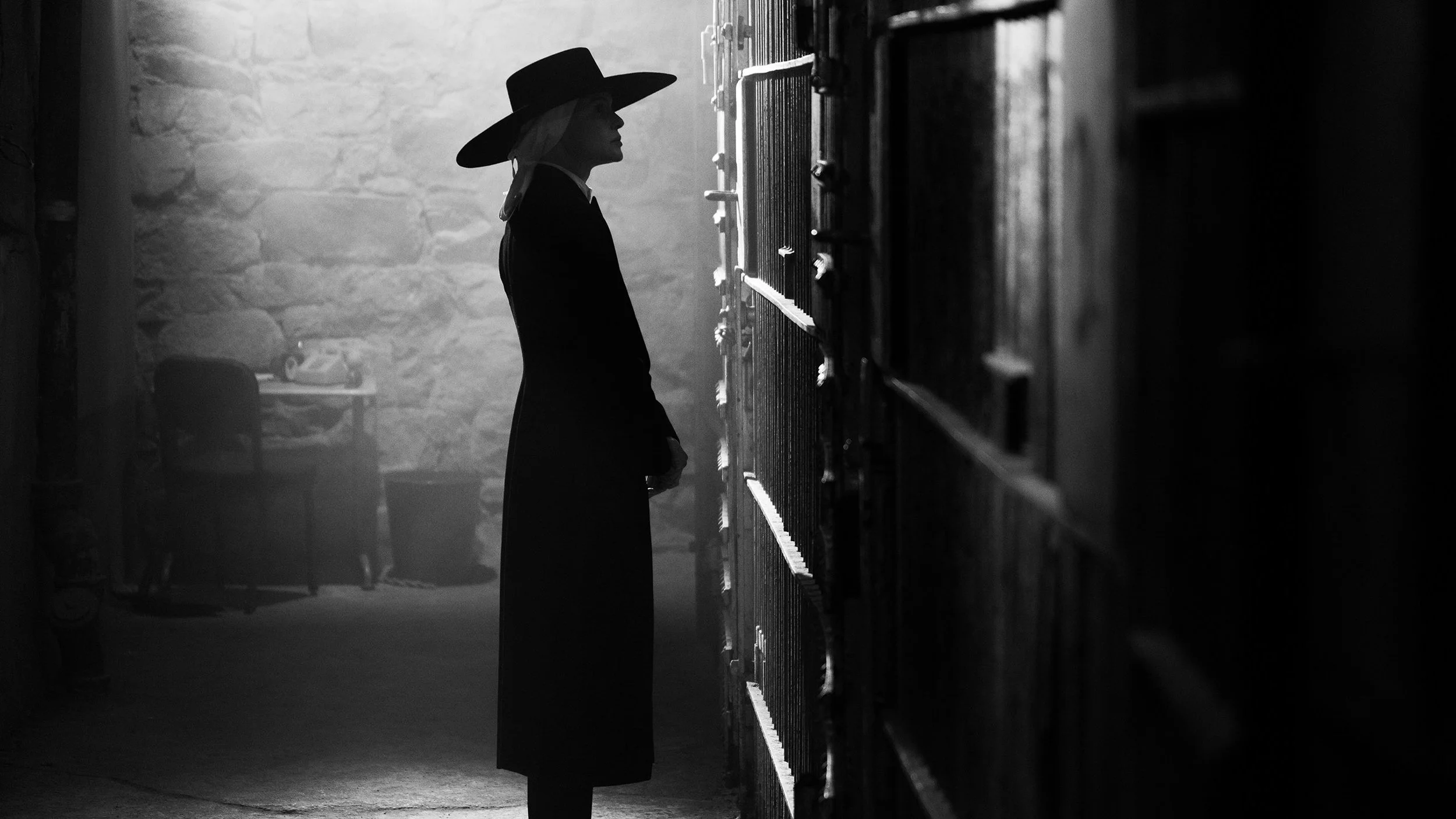Sundance review: 'Theater Camp' is a smart, funny mock-documentary in the Christopher Guest mold
It’s not often that a movie sets up as many jokes, and lands so many of them, as the semi-improvised comedy “Theater Camp,” which feels a bit like “Waiting for Guffman” for a new generation.
The setting is AdirondActs, a ramshackle summer camp for theater kids in upstate New York. We first see the camp’s founder, Joan (Amy Sedaris), attending a middle school production of “Bye Bye Birdie,” looking for prospective campers, when a strobe effect causes Joan to have a seizure that puts her in a coma — the first time, we’re told in this mock-documentary, that someone has become comatose in a “Bye Bye Birdie”-related accident.
While Joan is hospitalized, her son Troy (Jimmy Tatro) takes over operations — but as a dude-bro YouTube influencer, Troy doesn’t have the business skills or theater knowledge to run the camp. The bank is close to foreclosing on the camp property, and Caroline (Patti Harrison), the corporate rep for the more expensive theater camp next door, is waving an offer at him.
Meanwhile, life at the camp goes on. The central figures among the teaching staff are the drama director, Amos (Ben Platt), and the music director, Rebecca-Diane (Molly Gordon), who lead the casting decisions for the drama-loving campers. They also, by tradition, write and direct an original musical each year that the campers perform — and this year’s musical will be a tuneful biography of Joan.
Gordon (best known for her roles in “Booksmart” and “Shiva Baby”) and Nick Lieberman (who has directed many of Platt’s music videos) directed “Theater Camp,” and they co-wrote it along with Platt and Noah Galvin — who shines as Glenn, the camp’s overworked technical director. The script is informed by the quartet’s experiences as theater camp kids, and leaves room for plenty of improvised moments that show how wickedly talented they are and how much they enjoy working together.
Gordon and Lieberman stay true to the Christopher Guest school of mock-documentaries. There are no reality-show confessional interviews, and never an ironic look to the camera, a la “The Office.”
Gordon and Platt — best friends since childhood, Gordon said after the movie’s premiere at the Sundance Film Festival — have such amazing chemistry that they seem to finish each other’s sentences. Platt’s performance here, as a blowhard drama teacher, may have redeemed his career after the tragedy that was the “Dear Evan Hansen” movie.
Others in the cast who shine are Ayo Edebiri as a newly hired teacher with no expertise, Nathan Lee Graham (“Zoolander”) as an imperious dance instructor, and Owen Thiele as the camp’s quite fabulous costume designer. But the real finds in “Theater Camp” are the array of child actors who give hilarious performances as the camp’s eager students.
——
‘Theater Camp’
★★★1/2
Playing in the U.S. Dramatic competition of the 2023 Sundance Film Festival. Screens again Sunday, Jan. 22, 12:15 p.m., Grand Theatre, Salt Lake City; Monday, Jan. 23, 11:55 p.m., The Ray Theatre, Park City; Thursday, Jan. 26, 9:30 p.m., Library Center Theatre, Park City; and Friday, Jan. 27, 9:30 p.m., Rose Wagner Center, Salt Lake City. Also screening online on the Sundance Film Festival platform, starting Tuesday, Jan. 24. Not rated, but probably PG-13 for strong language and some sexual references. Running time: 94 minutes.









